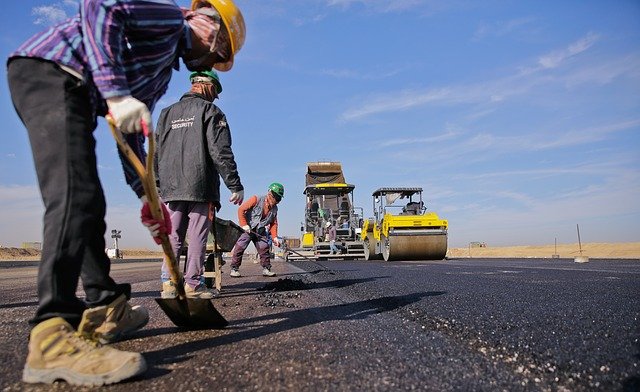While mixing recycled asphalt and vegetable oil probably won’t make you popular in the kitchen, it has made an Arizona city one of the first to use recycled asphalt (RAP) on city roads and highways.
Being the fifth largest metropolitan area in the United States with a population of over 4.8 million people and 1,400 miles of paved road, Phoenix spends a lot of time and money repairing its major passageways. One way to save the city some money? Recycled asphalt.
Misconceptions about the durability of RAP, as well as a lack of shared research, have led many in road construction to overlook it as a more efficient means of paving laned roads. Solterra Materials, a Phoenix-based asphalt mix company, was convinced that it could be used and began performing a series of experiments mixing RAP with various rejuvenators. Eventually, they landed on the perfect recipe: RAP, Cargill’s engineered vegetable oil-based Anova® rejuvenator, and a slight asphalt grade bump.
Working in tandem with the city, Solterra procured a one-mile section of road in a highly industrial, heavily trafficked area for their testing. There they evaluated RAP properties at 10%, 15% and 20%, and worked closely with the Cargill team to add the exact amount of rejuvenator. The results found that the 20% RAP mix performed as well as virgin mixes, and had a 10% cost savings. It showed a flexibility index increase from 12 to 18.5 as measured by the I-fit, and had enhanced low temperature cracking resistance.
After seeing the results, it was a no-brainer for the City of Phoenix. Beyond its great performance, the 20% RAP mix also uses less energy, takes up less landfill space and ultimately costs taxpayers less money. They have included RAP in their standard paving strategy, and plan to start paving more roads with the mix this month. They’ll continue to monitor the performance of these roads over the next several months, but all those involved expect to see continued satisfaction.
Thanks to companies like Solterra materials sharing their research, perceptions around recycled asphalt are beginning to shift. As a company that prides itself in green building and the most efficient use of resources, Steadfast is thrilled to see moves like this being made in the asphalt industry. With the high performance, lower cost, and increased environmental friendliness, we expect it won’t be long until RAP starts making it way to those of us on the East Coast. When it does, we’ll be happy to see it.


